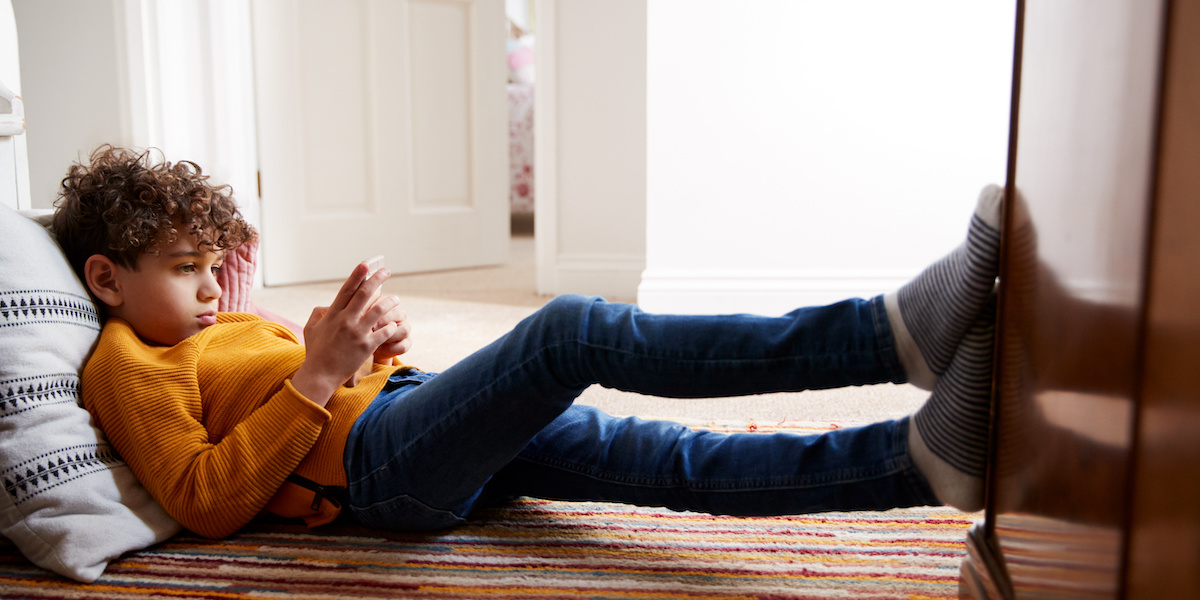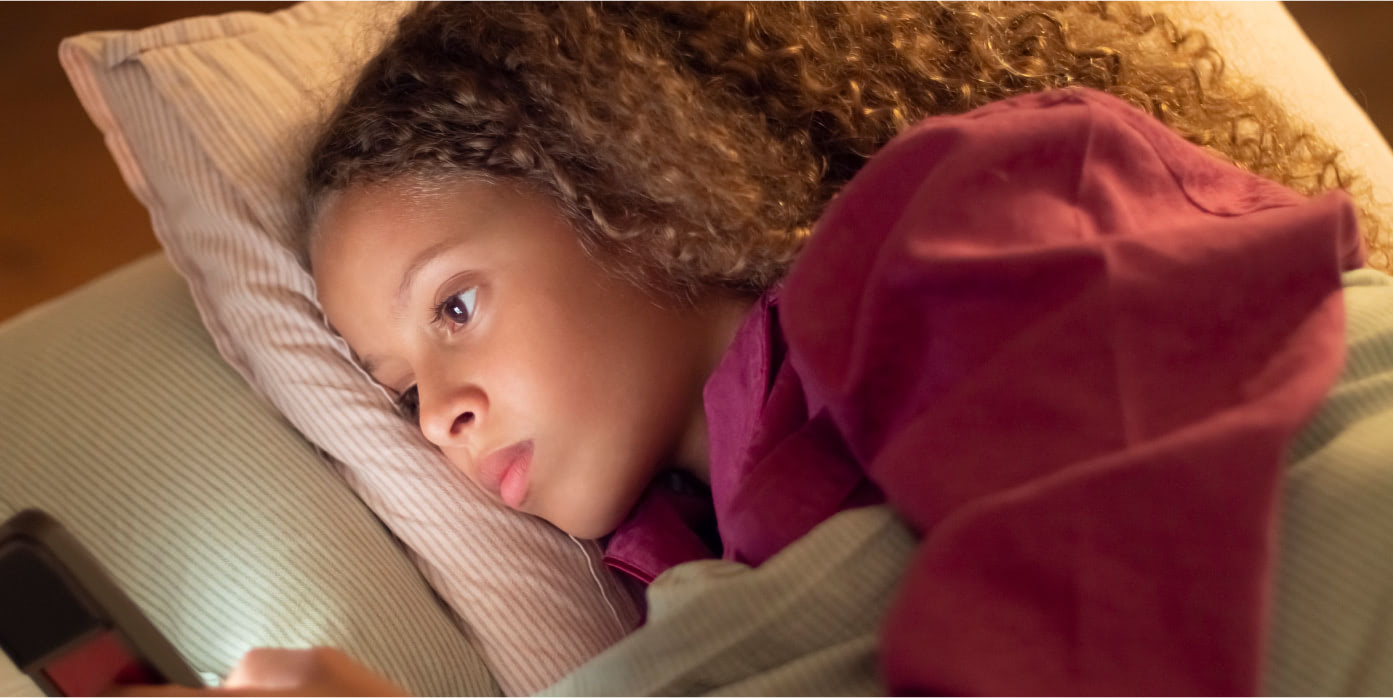
The following is excerpted from an online article posted by StudyFinds.
A study led by scientists at Australian Catholic University tracking nearly 300,000 children over several years concludes that screen time doesn’t just cause emotional and behavioral problems in kids, it also becomes their go-to coping mechanism when they’re struggling. Screens both create problems and become the solution kids reach for, forming what researchers call a “vicious cycle.”
The research, published in Psychological Bulletin, represents the largest analysis ever conducted on how screen use affects children’s emotional development over time. Rather than simply labeling screens as good or bad, it reveals something far more nuanced about how our digital world is reshaping childhood.
“Screen use may increase the risk of children developing socioemotional problems, and children with socioemotional problems may be drawn to screens, possibly as a way to manage their distress,” the researchers write.
Video games emerged as the biggest concern in the study. Children who played games were significantly more likely to develop emotional and behavioral issues later on. But here’s the troubling part: kids who already had these problems were even more drawn to gaming than other screen activities.
Parents who carefully curate educational content for their toddlers while allowing unlimited gaming for their older children might want to reconsider their approach.
Contrary to popular belief, older children (ages 6-10) were actually more susceptible to screen-related problems than younger ones (ages 0-5). The reason appears to be autonomy: older children have more control over their screen choices and more opportunities to use devices as emotional escape routes.
Every hour a child spends gaming or watching videos is an hour not spent developing social skills with friends, being physically active, or learning to manage emotions through real-world experiences. Researchers call this the “displacement effect.”
Researchers analyzed data from 117 separate studies spanning multiple countries and cultures, tracking children for periods ranging from six months to several years. They measured both screen use and various emotional and behavioral problems like aggression, anxiety, depression, and attention issues.
Breaking this cycle starts with awareness. Parents who recognize that their emotionally struggling child might be self-medicating with screens can intervene more thoughtfully. This might mean addressing underlying anxiety or behavioral issues directly, rather than just limiting screen time.
Source: StudyFinds
https://studyfinds.org/screen-time-nightmare-digital-pacifiers-children/
Find more culture news on HomeWord’s Culture Blog, named in 2025 for the 10th consecutive year as one of the top 50 culture blogs on the planet (#20 of 50)!


 What’s Hot? 10/3/25
What’s Hot? 10/3/25  Boosting Teen Self-Esteem and Health Through Leisure Time
Boosting Teen Self-Esteem and Health Through Leisure Time  Social Media Eligibility Rewires Teen Sleep Patterns
Social Media Eligibility Rewires Teen Sleep Patterns